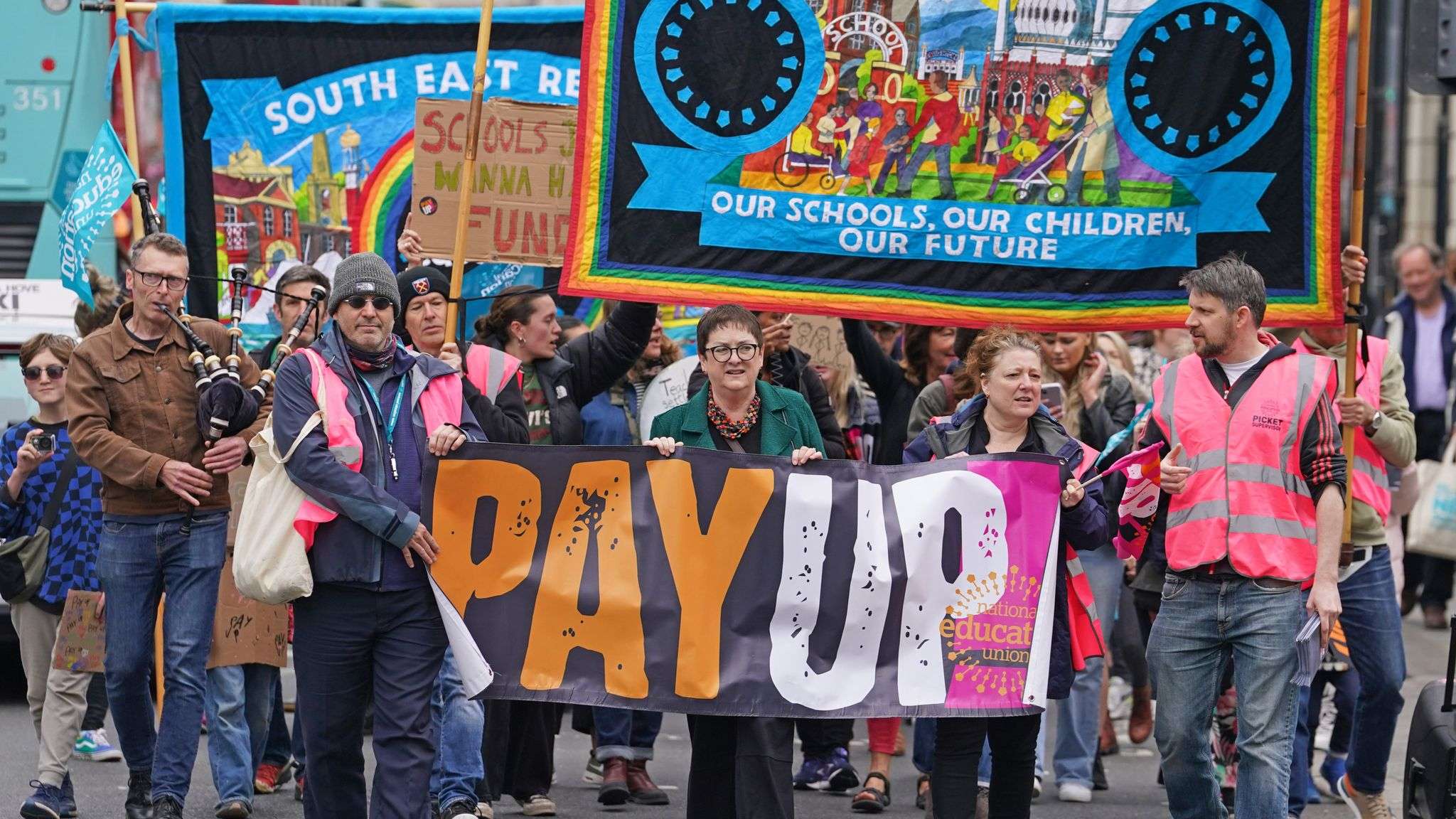The debate over public sector pay has reached a critical juncture as the Minister has issued a stern warning about the potential financial repercussions if a pay deal is not reached soon. The government is currently considering a proposed 5.5% pay increase for public sector workers, a figure that has sparked both support and controversy among various stakeholders.
The Minister’s cautionary statement highlights the delicate balance that must be struck between rewarding public sector employees for their invaluable contributions, especially in the wake of unprecedented challenges such as the pandemic, and maintaining fiscal responsibility. Public sector workers, including teachers, healthcare professionals, and civil servants, have been at the forefront of maintaining essential services during tumultuous times. The proposed pay hike is seen by many as a long-overdue acknowledgment of their dedication and hard work.
However, the financial implications of such an increase are significant. The Minister pointed out that without a carefully negotiated deal, the government could face escalating costs that might strain the national budget. The proposed 5.5% raise, while beneficial to employees, could lead to a substantial rise in public spending. This scenario could potentially result in increased taxes or cuts to other essential services, creating a complex web of economic consequences.
The government is acutely aware of the need to balance fair compensation with financial sustainability. The Minister emphasized that a failure to agree on a pay deal could have broader economic impacts. For instance, public sector workers might experience decreased morale and productivity, potentially leading to a decline in the quality of public services. Additionally, the public sector’s ability to attract and retain skilled workers could be compromised, exacerbating existing workforce shortages in critical areas like healthcare and education.
Negotiations between government officials and public sector unions are ongoing, with both sides keenly aware of the stakes involved. Union representatives argue that the 5.5% increase is not just a pay raise but a necessary adjustment to keep pace with inflation and the rising cost of living. They contend that public sector workers have faced years of wage stagnation and that the proposed increase is a crucial step towards rectifying this imbalance.
On the other hand, some economists and fiscal conservatives warn that a substantial pay hike could set a precedent, leading to similar demands across various sectors, thus amplifying the fiscal burden. They suggest that the government explore alternative measures to support public sector workers, such as targeted bonuses or improved working conditions, rather than a blanket pay increase.
As the deadline for reaching an agreement approaches, the pressure mounts on both sides to find a viable solution. The Minister’s warning serves as a reminder of the interconnected nature of public sector pay and broader economic health. The outcome of these negotiations will not only affect public sector workers but also have far-reaching implications for the national economy and the quality of public services.
In conclusion, the proposed 5.5% pay increase for public sector workers is a contentious issue that requires careful consideration and negotiation. The Minister’s warning about the potential costs underscores the importance of reaching a balanced and sustainable pay deal. As discussions continue, the focus must remain on achieving a solution that fairly compensates public sector employees while safeguarding the nation’s financial stability.














































